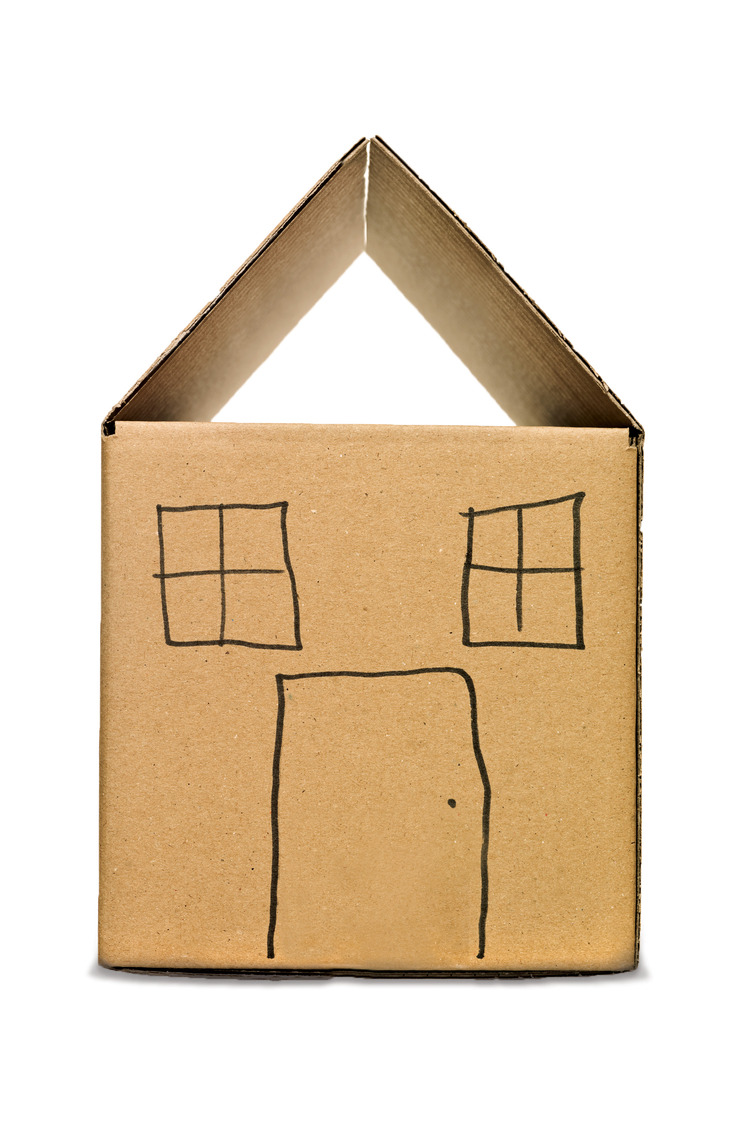The Local newsletter is your free, daily guide to life in Colorado. For locals, by locals.
Executive Director Tom Luehrs flips on the overhead lights in a dark, gray room at St. Francis Center, a day shelter in Curtis Park that gives people a place to stop and rest, shower and dress. Here, he explains, you can look for work, talk to a counselor, or pick up mail. And in this storage room, you can leave a piece of “home” in safekeeping—as long as it fits in a trash bag that will join the 549 others packed neatly into floor-to-ceiling metal shelves.
As I stare at the rows and rows of bags, I can’t help but wonder what I’d put inside. Some items would be practical: birth certificates, passports, marriage license. Others would be sentimental: The first letter my husband wrote to me, my son’s favorite stuffed giraffe, a quilt made by my mom, a birthday card from my dad. And what about the other things that make me feel whole? My wedding ring. Our family photos. My favorite books. As I list things in my head, I start to make sacrifices: I should nix the books (I have a library card) but add in medical files. I know I could make the tough choices. As a little girl, my parents lectured me on choosing between “wants” and “needs” so much that it’s now fundamental to my thinking. I can be very practical. I also know that home will never mean a place to me, rather an idea: family and memories I can pack into my mind and take with me.

I wonder if that makes me lucky—or naive. I haven’t had to make these sacrifices, so I can only guess at what I’d do. At the same time, I know that “home” probably means something else to you. I realize that some people prefer to lie under the stars at night. I understand that others need a place, an address, just to feel safe. And that diversity of thought is precisely why defining homelessness is so elusive. There is no right answer. Nor a single one. Just a goal to help those who want to find their ways home.








